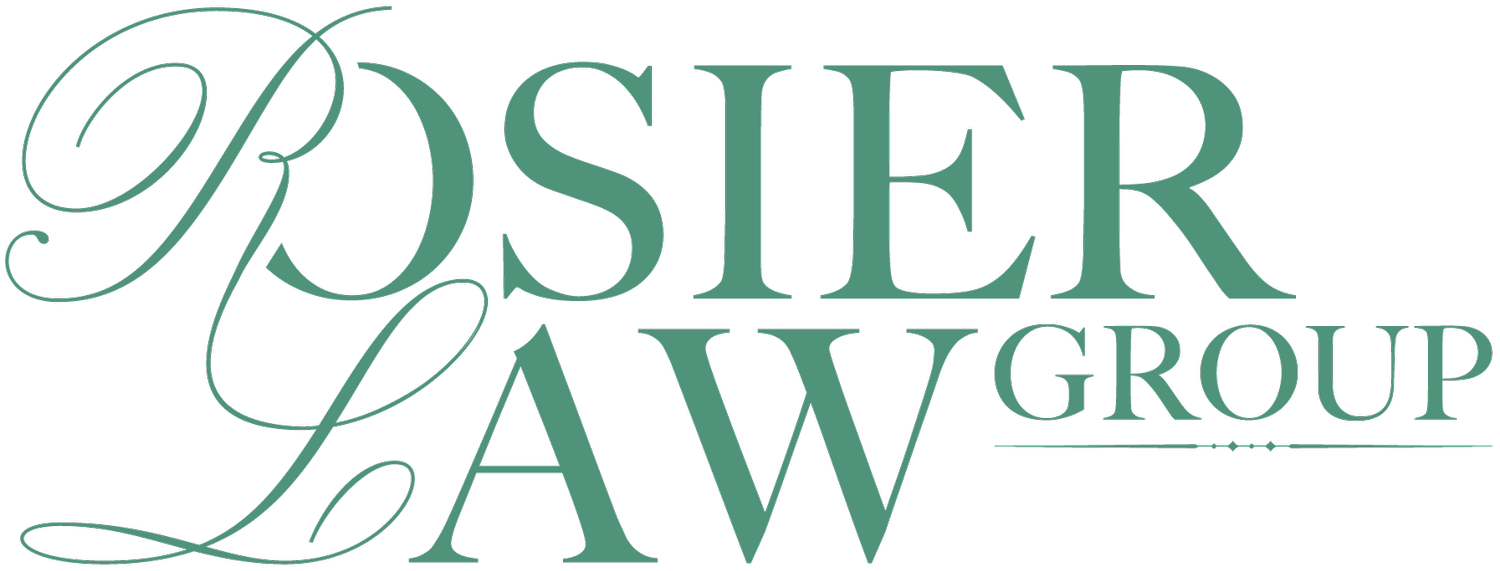What Business Entity Type is Right For My Business?
I recently taught a class on intellectual property to a small group of business owners and entrepreneurs and so many of them had questions related to their current business structures or how to set up their future business. Choosing the right business structure is a critical decision for any entrepreneur or business owner. The business structure you select will have significant implications for your legal liability, tax obligations, operational flexibility, and ability to raise capital.
Let’s explore the various business structure types and help you determine which one is right for you!
1. Sole Proprietorship
A sole proprietorship is the simplest form of business structure and is owned and operated by a single individual. It requires minimal paperwork and formalities to set up, making it a popular choice for small businesses and solo entrepreneurs. One of the key advantages of a sole proprietorship is that the owner has complete control over the business and receives all profits. However, the owner is also personally liable for the business's debts and obligations, which can put personal assets at risk.
Is it right for me? Sole proprietorships are suitable for low-risk businesses with a single owner who wants full control and minimal regulatory burdens.
I NEVER recommend operating as a sole proprietorship no matter how low risk you think your business is. People can and will sue you for just about anything and there is no reason to expose yourself to personal liability if you don’t have to.
2. Partnership
A partnership is a business structure in which two or more individuals share ownership and management responsibilities. There are two main types of partnerships: general partnerships, where all partners have equal responsibility and liability, and limited partnerships, where some partners have limited liability based on their investment or role in the business. Partnerships are relatively easy to set up and offer shared decision-making and workload distribution among partners.
Is it right for me? Partnerships are ideal for businesses with multiple owners who want to share responsibilities, resources, and profits while maintaining a flexible management structure.
3. Limited Liability Company (LLC)
An LLC combines the limited liability protection of a corporation with the flexibility and tax benefits of a partnership or sole proprietorship. Owners of an LLC are called members, and they are not personally liable for the company's debts or liabilities. LLCs offer flexibility in management structure and profit distribution, and they require less formalities compared to corporations. Additionally, LLCs can choose how they want to be taxed, either as a disregarded entity, partnership, S corporation, or C corporation.
Is it right for me? LLCs are suitable for small to medium-sized businesses looking for limited liability protection, tax flexibility, and less administrative complexity than corporations.
This is the business structure I recommend the most to clients/prospective clients because it provides the perfect amount of liability protection and flexibility for business owners.
4. Corporation
A corporation is a separate legal entity from its owners (shareholders), providing limited liability protection to shareholders for the company's debts and obligations. Corporations have a more complex structure with shareholders, directors, and officers, and they must comply with stricter regulatory and reporting requirements. However, corporations offer advantages such as easier access to capital through stock issuance, perpetual existence regardless of ownership changes, and potential tax benefits.
Is it right for me? Corporations are ideal for high-growth businesses, startups seeking external investment, or businesses with significant liability risks that require strict legal protection for owners.
When deciding on the right business structure, it is important to consider the following factors:
Liability Protection:
How much personal liability are you willing to assume for business debts and legal issues?
Tax Implications:
What are the tax advantages and obligations associated with each business structure?
Management and Control:
Do you prefer sole control, shared responsibilities with partners, or a more structured corporate governance model?
Capital Needs:
How do you plan to raise capital, and what legal structure aligns with your fundraising goals?
Long-Term Goals:
Consider your growth projections, exit strategies, and how the chosen structure aligns with your future plans.
It is essential to consult with an attorney or other qualified professional to help determine the best approach for your business based on your specific needs and priorities!

